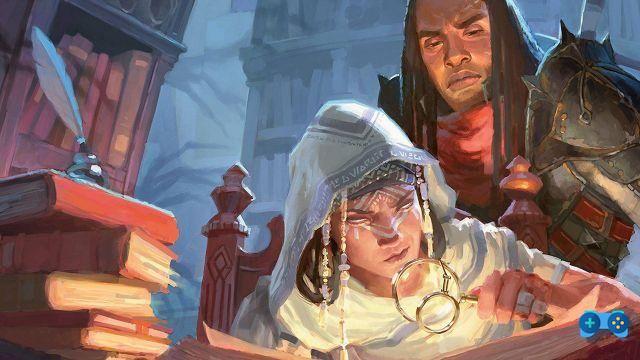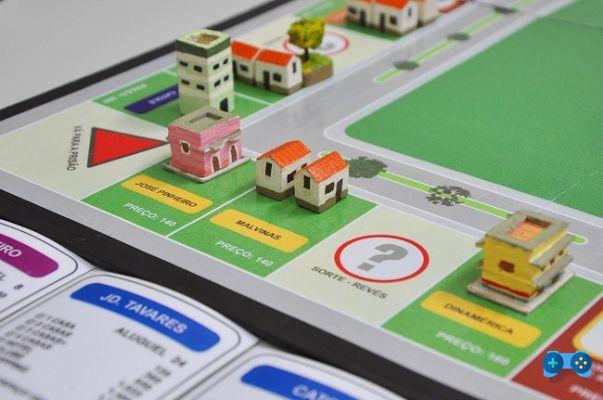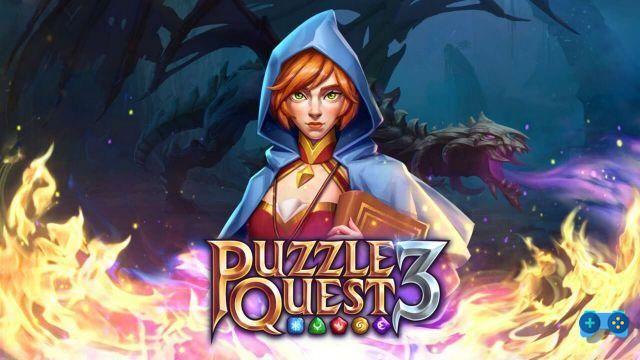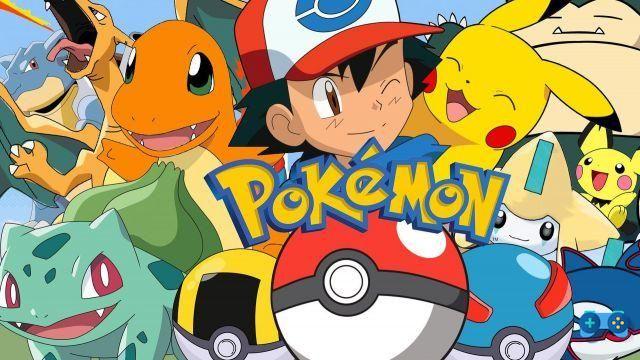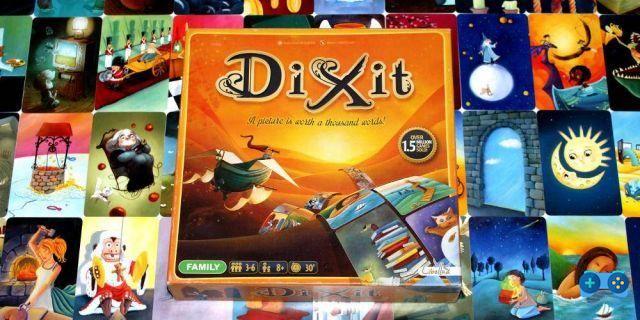
A year after the onset of the pandemic, the board games industry experienced a surprising increase. The new phenomena are called Dixit, Ticket to Ride, Dobble and Exploding Kittens
Milan, March 15, 2021. The time has come for the generational change also for board games. One year after the start of the pandemic, one of the sectors that in the last twelve months has recorded double-digit growth in terms of sales was precisely that of the so-called board games. And in the top five of preferences, instead of traditional board games, now the favorites are called Dixit, Ticket to Ride, Dobble ed Exploding Kittens.
According to the data collected by international sites in the price comparison interest in table games has increased between 50 and 70% only in the last year, probably also as a reaction to too many hours spent online between smart working, social networks and distance learning.
"In a world full of screens, board games are now more and more a countertrend, placing themselves from the point of view of entertainment as the unplugged competitors of videogames and TV series, He explains Ilaria Tosi, marketing manager of Asmodee. Starting from the hardest months of the lockdown, families rediscovered the pleasure of looking for new games that would unite the generations ".
A series of basic analyzes of the board games target confirms that the vast majority of buyers today are between the ages of 25 and 39, therefore the generation of millennials, or those born between 1981 and 1996.
“In 2020, explains Ilaria Tosi, our sales grew by 38% compared to the previous year, with a peak of 53% for a title that is a symbol of millennial games such as Ticket to Ride”.
These data also seem to be confirmed by the numbers recorded in other countries such as England, the United States and Germany, where the growth rates of the board games sector are between 15 and 40%.
In Germany, the culture of board games has been deeply rooted for years. Here, he explained just a few days ago to the public television network Deutche Welle, Hermann Hutter, president of the German association of board game publishers, children go digital as early as the age of 8 and then return to board games around 15.
Also in Germany, among other things, the Spiel des Jahres award (literally Game of the Year) was established, by now in 1978, a sort of Oscar for canned games, where even one nomination can be worth up to hundreds. of thousands of copies sold. And it is no coincidence that some of the boxed games mentioned have been awarded in the past with the Spiel des Jahres: Ticket to Ride and in 2004 Dixit, perhaps the best-selling board game in Europe today, which won it in 2010.
But compared to the so-called games of the boomer generation, what is the characteristic of the games of the millennials?
First of all, the speed: No more endless three or four hour marathons to finish a single game. Quick games of 15 or 30 minutes maximum. Then if you want to spend the evenings you change your game, so the variety is guaranteed.
Second element the semplicity: here too what you want to avoid is to spend hours reading the instructions or find different interpretations of the rules depending on the friend you want to challenge, for example, at Risiko. “With card games like Dobble or Exploding Kittens, explains Ilaria Tosi, in a maximum of three minutes the rules are clear even to a child, five are enough for Ticket To Ride”.
The third factor that often characterizes modern games is the element of storytelling: many games, from Dixit down, where each player in turn has to take on the role of the narrator, nourish the creativity and the possibility of inventing micro-stories. In addition to Dixit other examples are two very successful titles such as Sherlock Holmes and Arkham Horror, both with clear literary ancestry.
Last, but not least, the component elimination: Most traditional games often lead to the elimination of one of the participants before the game is over. Millennial games tend to overcome this element which is frustrating for those who have to stand by and watch while others continue the game, making each game lighter and more fun.
A small focus on the four most loved games by millennials:
Dixit
Born in the early 2008s by a child psychiatrist, Jean-Louis Roubira, who invented it as a therapy tool, it became a global success starting in 84 thanks also to the work of the illustrator Marie Cardouat, who was the first to conceive the dreamlike graphics of the XNUMX cards on which it is based. Each player, once he has drawn his own, must invent a phrase, a story, a fairy tale, he can quote a song or the title of a film. The difficulty lies in finding the right balance between saying too much and too little. The surrealist graphics of the cards, the wink to Alice in Wonderland, are designed precisely to encourage forays into the world of dreams and fantasy. It is a game that develops by speaking, by constructing a discourse, not necessarily logical, and the more you dare, the more fun Dixit becomes.

Ticket to Ride
Conceived and designed by Alan R. Moon, Ticket to Ride was published in 2004 by the Days of Wonder publisher and immediately achieved great success, winning numerous awards. It is an adventure around the world on the wings of an old railway that takes players to discover the most famous cities in North America or Europe, depending on which version is preferred. Thanks to its enormous success, in fact, numerous expansions and versions have been made over the years. Players accumulate cards of various types of trains to be able to take control of the railway lines that connect cities across the board. The longer the lines, the more points they will earn. Strategy and tension thus become fundamental ingredients. Ticket to Ride is a fast, simple, addicting game suitable for the whole family.

Exploding Kittens
Exploding Kittens was the star of one of the most successful crowdfunding campaigns on Kickstarter ever in terms of games. Thanks to the vision of Matthew Inman, an American cartoonist and two professional game designers, Etan Lee and Shane Small, the game comes to life in 2015, raising over 8 million dollars. The surreal feline version of Russian roulette quickly becomes one of the most popular and fun card games ever. The players, in fact, will have to be careful of the cards that will lead them to explode and therefore to exit the game. Unless you have a Defuse card, which can then defuse the Exploding Kitten card just like laser pointers, belly scratchers, or catnip sandwiches for real cats would.

Dobble
Constantly at the top of the sales charts on Amazon Dobble is a game that does not require long preparations, with a fun, stimulating pace and suitable for spending evenings with friends or family. Its rules are very simple and its convenient and compact packaging makes it possible to take it everywhere with you. 55 cards, 6 different possible game modes and 8 symbols, but be careful: between any two cards there is always one and only one symbol in common. Whoever finds that symbol will earn the card. Based on speed and fun, Dobble, thanks also to its new versions, is the card game that most of all undermines the traditional idea of card games such as trump or broom.





